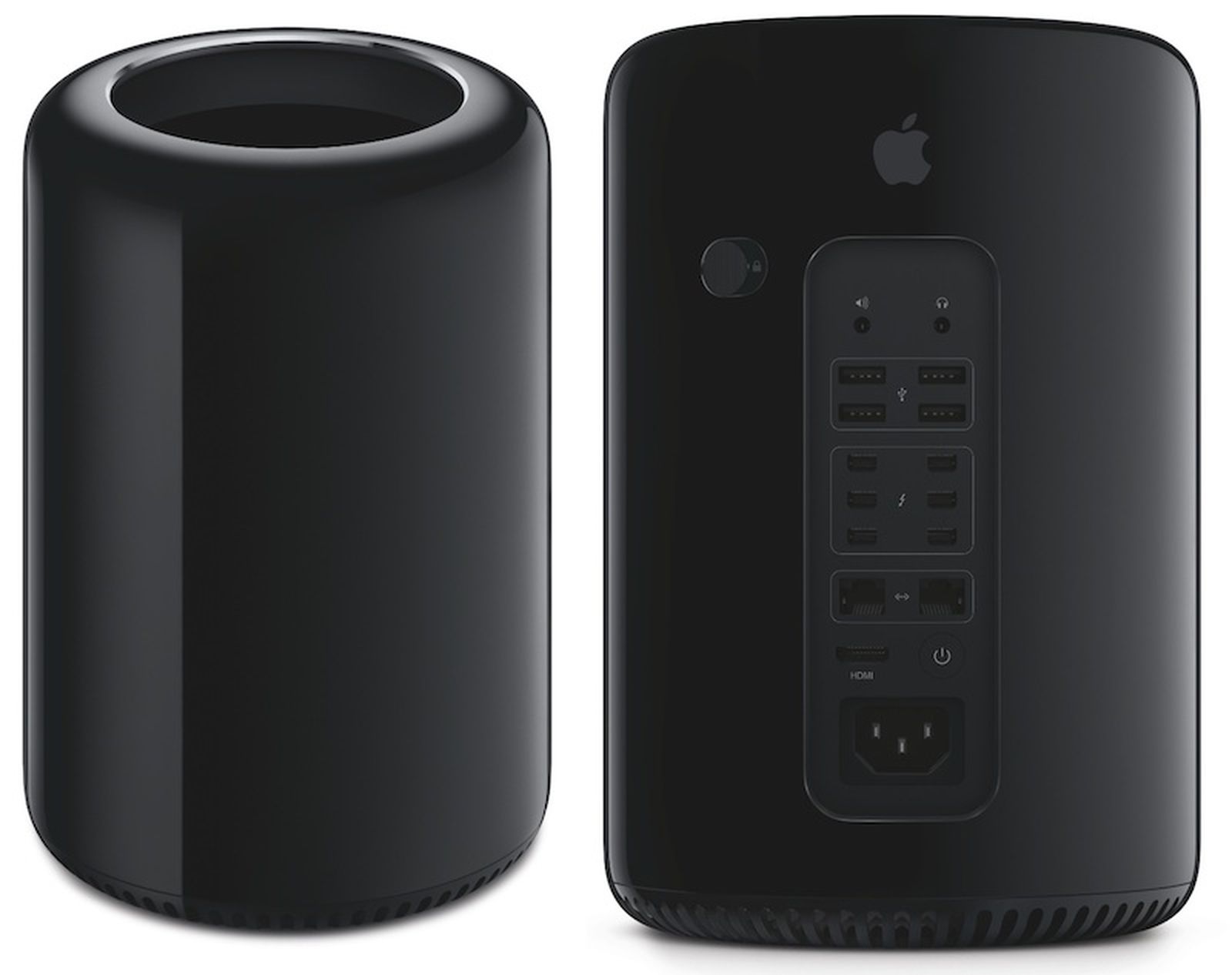Does not explain previous cases where they e.g. declined to update the Mac Pro and skipped entire generations of Xeons. Those chips ship in vast quantities to server customers so the scarcity explanation does not apply. Likewise the Mac mini uses the same 14nm desktop chips as the iMac.
Yeah, Mac Pro suffered a bit in the last couple of years. I don't think they skipped that many Xeons to be honest (maybe Haswell), but the sad fate of the Mc Pro Cylinder disrupted the regular flow. In 2017 Intel has released a new type of Xeons (Xeon-W), optimized for desktop workstations. This is the type Apple has been using since then — makes much more sense than a server-grade Xeon with its focus on scalable multi-core and multi-processor performance.
And I was generally talking about laptops. Intel has no problems with shipping desktop CPUs. I mean, it's now the sixth year that they are using the same manufacturing process, it should be working well by now
And even recently, there have been chips that show up in new Apple laptops prior to even showing up at ark.intel.com.
That's just custom configurations Intel ships only to Apple.



